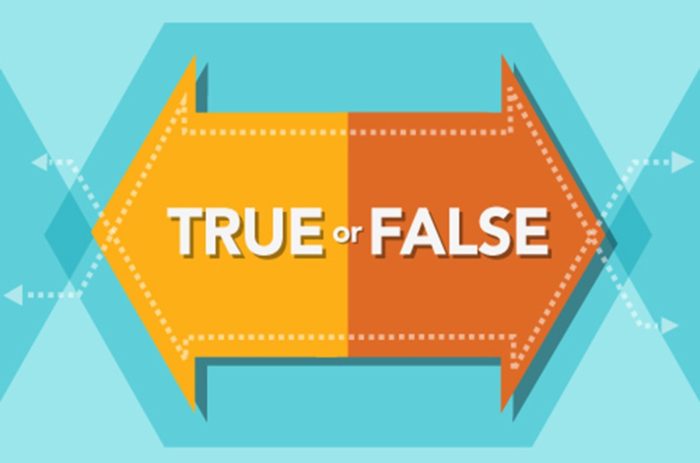Questions
1. Until 1954, Veterans Day was called:
a) Memorial Day
b) Armistice Day
c) Remembrance Day
d) Soliders Day
2. Veterans Day was originally a day to honor:
a) veterans of World War II
b) veterans of World War I
c) those who volunteered to join the military
d) the men and women who died while serving in the United States Armed Forces
3. Voters in Berkeley, California have passed a law that will impose a ___________________ tax on soda.
a) 2-cent-an-ounce
b) 2-cent-per-can
c) 1-cent-per-can
d) 1-cent-an-ounce
4. Specifically, Berkeley’s new law will tax sodas and ______________. 100% juice drinks, chocolate milk and diet sodas are exempted.
a) coffee drinks
b) all drinks sold at McDonalds
c) energy drinks
d) all natural fruit smoothies
5. Berkeley’s soda tax will be put into:
a) school programs to teach kids how to eat healthy
b) the city’s general fund
c) city officials’ bank accounts
d) public school lunch programs
6. When the Affordable Care Act starts enrollment for its second year on Nov. 15, a number of low-priced health insurance plans will:
a) be open to all Americans, regardless of their income or age
b) keep their rates the same in 2015
c) lower their rates in 2015
d) raise their rates in 2015
7. In 2015, under the Affordable Care Act, penalties for Americans who chose not to buy a health-insurance plan will not:
a) increase for individuals from $95 to $325 (or 1% to 2% of income, depending on whichever is higher.)
b) increase for families from $95 to $325 (or 1% to 2% of income, depending on whichever is higher)
c) decrease for all middle-class families
8. According to a recent poll, ____________ of uninsured Americans know that open enrollment starts on Saturday and two-thirds of uninsured Americans know nothing or just a little about the Obamacare marketplaces.
a) 1%
b) 10%
c) 99%
d) 100%
9. In ruling on the challenge to traditional marriage laws, the central constitutional question before Judge Sutton’s court was whether or not the _______________ to the United States Constitution would render restrictions on same-sex marriage to be unconstitutional and thus unlawful.
a) first amendment
b) fifth amendment
c) fourteenth amendment
d) fourth amendment
10. At least 30 states had marriage laws and/or state amendments stating that marriage was between one man and one woman only. Why are these laws, passed by a large majority of voters, no longer in effect?
a) because federal judges struck down the legislation and/or amendments, saying they were unconstitutional
b) because the voters passed a second law which made same-sex marriage legal
c) because U.S. Congress passed a federal law legalizing same-sex marriage across the country
d) because President Obama took executive action to make same-sex marriage legal in all 50 states
Daily “Answers” emails are provided for Daily News Articles, Tuesday’s World Events and Friday’s News Quiz.



